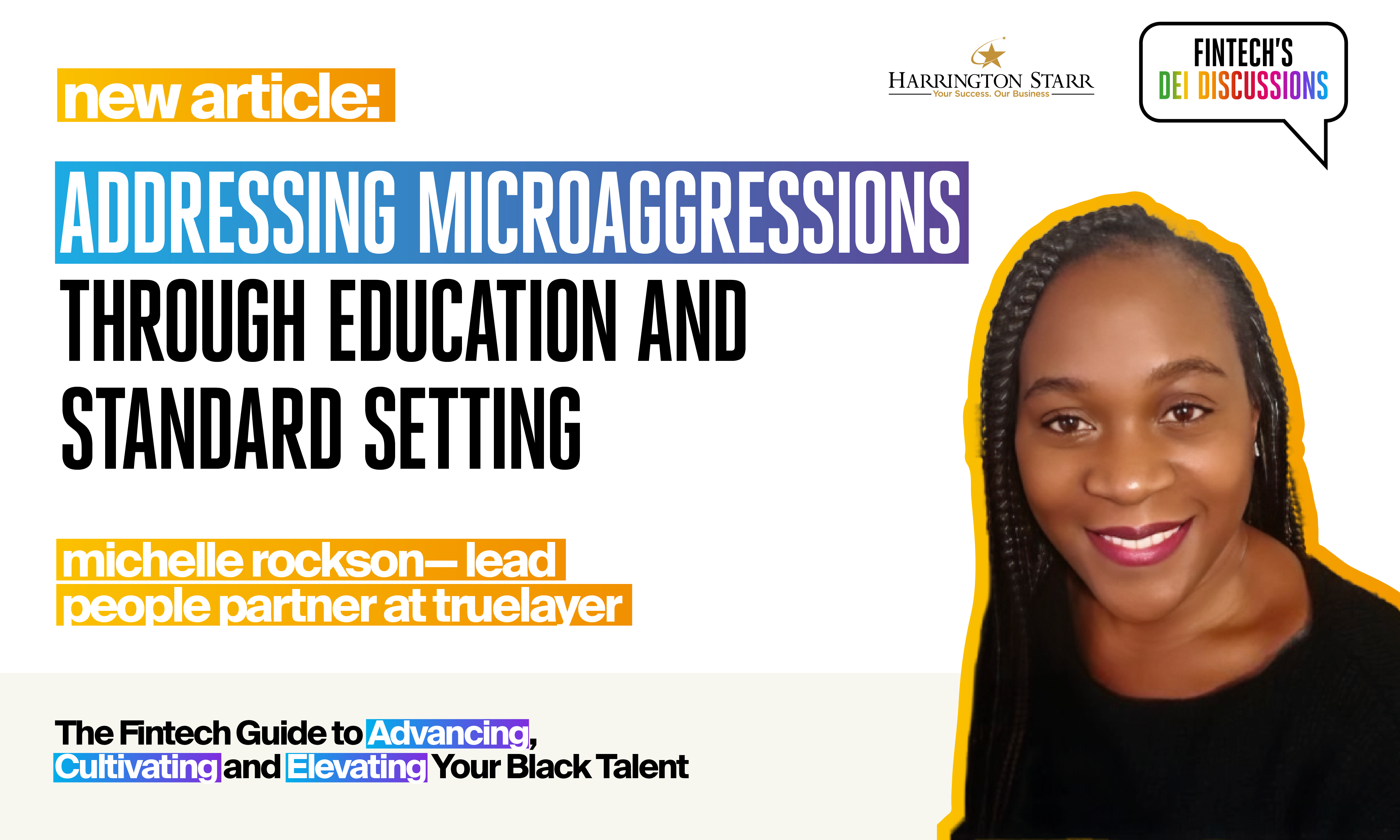Black professionals are significantly underrepresented in FinTech, particularly in senior leadership roles. The sector's rapid expansion has outpaced its ability to build diverse, skilled teams, further exacerbated by systemic biases in traditional hiring practices favouring conventional backgrounds.
With over 15 years of experience in top-tier investment banks as an individual contributor and a people leader, and as a high-impact career strategist for ambitious corporate professionals, I have shared a few inclusive workplace strategies that FinTechs and others can leverage to revamp their recruitment and hiring practices.
- Redefine Credentials and Look Beyond Traditional Talent Sources
An African proverb wisely states, "If you keep fishing in the same river, you will catch the same type of fish." This is especially relevant to hiring practices in FinTech that have traditionally relied on conventional qualifications like prestigious degrees, often overlooking talented individuals who have pursued non-traditional paths such as coding boot camps or self-learning due to systemic barriers.
True diversity—in thought, background, and experience—requires casting wider nets across academic levels, disciplines, and countries. This includes prioritising proven skills and competencies over certifications, engaging with apprenticeship programs and partnering with organisations that support underrepresented groups.
Stripe recruits from diverse talent sources like coding boot camps and community colleges, broadening their talent pipeline and fostering innovation through diverse problem awareness and solutions.
- Create Inclusive Job Descriptions and Outreach
The language and channels used in job descriptions and advertisements play a significant role in attracting Black Talent. Inclusive job descriptions must be free from gender-coded words and list only essential qualifications to avoid deterring qualified candidates who might not apply due to a perceived lack of certain non-essential skills. Additionally, leveraging platforms that target Black talent for job postings ensures greater effectiveness in reach.
Using tools like Textio to remove gender-coded words and focusing only on essential qualifications, Atlassian ensures their job postings welcome a broader range of candidates. They also partner with platforms such as AfroTech, engage in targeted social media campaigns and host virtual job fairs to reach diverse communities. This approach has significantly increased the diversity of their applicant pool, contributing to a more inclusive and innovative workforce.
- Address Systemic Biases through Training and Effective Controls
FinTechs must train recruiters and managers in inclusive hiring and create systems to prevent bias. This involves understanding systemic biases during application reviews and assessments of ‘cultural fit’, recognising the value of diverse experiences, and conducting fair interviews. While some FinTechs have incorporated ‘blind’ recruitment into their early-stage recruitment process, it is only a partial solution.
A combination of practices should be adopted to ensure fairness:
- Structured, competency-based evaluation criteria
- Hiring for values alignment rather than ‘fit’
- Diverse hiring panels in terms of gender and race;
- Auditable documentation and transparent decision-making processes.
AvidXchange offers diversity training to all employees and uses structured competency-based assessments focused on job-relevant skills. This ensures all candidates are consistently evaluated against the same criteria, making the hiring process fair and transparent while creating an equitable hiring environment that withstands scrutiny and promotes diversity.
- Empower Employee Resource Groups (ERGs)
FinTechs can engage ERGs in interview panels using their cultural insights to recognise and mitigate biases while aligning the selection process with diversity goals. Additionally, ERGs can support new hire onboarding through buddy programs and continuous feedback.
Salesforce's Boldforce and Adobe’s Black Employee Network exemplify this by integrating recruitment and mentorship to foster an inclusive culture, improve retention and build a cohesive and supportive workforce.
- Promote Transparent and Immediate Compensation
Transparent compensation structures help to eliminate disparities, build a culture of fairness and foster trust and equity. This can include clear communication about salary ranges for different roles, regular salary audits to ensure equity, and opportunities for employees to discuss and understand their compensation.
Buffer is known for its pay transparency. They openly share their salary formulas and pay data, ensuring fairness and eliminating disparities, which helps attract a diverse talent pool.
Furthermore, many professionals from Black communities often have financial responsibilities that do not accommodate performance-based earnings tied to stock options. By offering clear, upfront compensation, FinTechs can reduce employee stress and insecurity while demonstrating their commitment to equitable pay practices.
In conclusion, as FinTech players strive to be at the forefront of innovation and progress, ensuring this progress is inclusive is imperative. Revamping recruitment and hiring practices is not a one-time fix but a continuous process that requires setting measurable goals, regularly reviewing data, and a willingness to adapt strategies based on outcomes. This data-driven approach ensures that the efforts are well-intentioned and effective in creating workplaces that genuinely reflect the diversity of the communities we serve, driving both social equity and business success.
By Mary Mosope Adeyemi, Learning & Development Consultant and Career Strategist, Visible Strengths Co.





